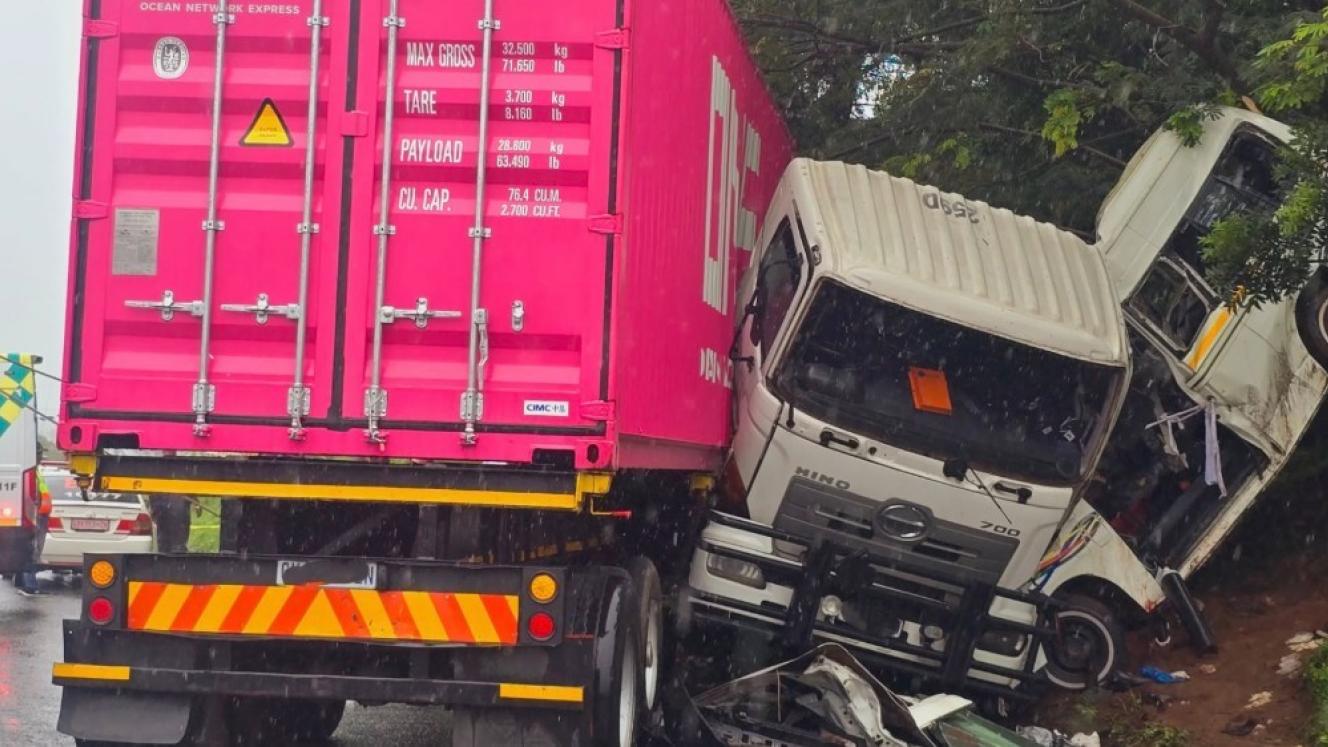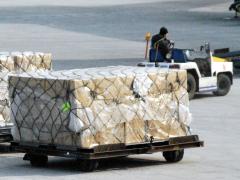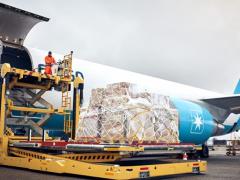The British International Freight Association (Bifa) has signed a memorandum of understanding (MoU) with the Ethiopian Freight Forwarders and Shipping Agents Association (Effsaa) that aims to modernise and boost competitiveness of the country’s forwarding and logistics sector.
High-level government officials, development partners and industry stakeholders attended the official signing ceremony in Addis Ababa recently.
The MoU outlines a strategic partnership between the two organisations with key areas of collaboration including the development of Effsaa’s institutional capacity and value as a trade association as well as the provision of advisory support on technical and commercial matters.
It also aims to implement specialised training programmes and to facilitate the exchange of resources and knowledge between the two associations and their members.
Effsaa president Dawit Woubishet said the association’s mission is to build a globally competitive logistics sector that supports economic growth by improving skills, encouraging innovation and creating international linkages.
“The agreement will help Ethiopia’s logistics sector gain valuable experience from a well-established and well-respected trade association that also has a leading role within the global body for freight forwarding associations,” he said.
Bifa director general Steve Parker said, in terms of the agreement, both parties will work together on the transformation taking place in the local logistics sector.
“The agreement will help and benefit Ethiopians in the sector, and hopefully lead to some new lines of business for members of both trade associations,” Parker said.
Despite its strategic importance, Ethiopia’s logistics sector faces several challenges including outdated infrastructure, low adoption of modern technologies, a shortage of skilled professionals, limited institutional training capacity, and a disconnect between academic programmes and industry needs.
It also faces the problems of being landlocked with no direct access to seaports and an underdeveloped regulatory environment.













